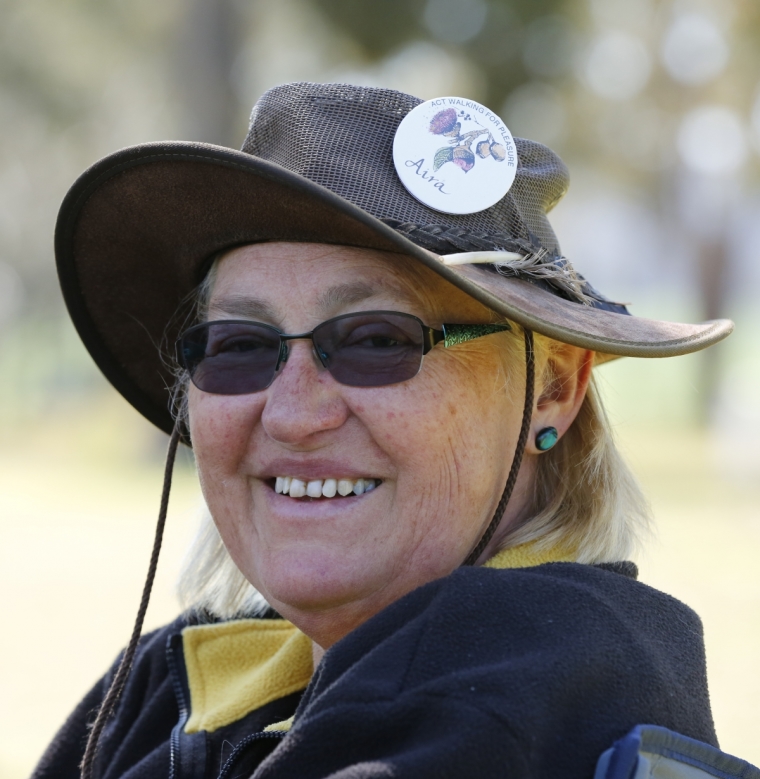

When Pentatonix published their Evolution of Music clip I was delighted to hear that it started with a couple of bars from an 11th century Gregorian chant. This was a wonderful acknowledgement of the beginnings of music as we know it.
I have just recently come across a clip (published in 2013, so not new) from a Sydney Baptist church on the Evolution of Christian Music since the 1950s. This prompted me to think about how and why Christian music has changed.
Early Songs
The song of Moses and Miriam (see Exodus Chapter 15) is the first song recorded in the Bible. It is a song of great praise to God for delivering the people of Israel out of Egypt and in many ways it forms the benchmark for what worship songs should be – telling of God's greatness and power.
Music was a significant aspect of the life of the Israelites. The whole book of Psalms is dedicated to telling of God's grace and mercy. The Psalms manage to encompass all of a person's life experience: the writer's anger, sadness and frustration, the joy of his trust in God, the history of God's dealing with his people as a nation and individually, the coronation of kings and vanquishing of enemies.
Enter the Gregorian chants, when Pope Gregory realized that there needed to be consistency in the songs passed between monasteries and codified music so it could be easily transferred.
Prior to the 1950s most worship music in churches was based on hymns, many of which mirrored the Psalms. They repeated Scripture, and spoke stirringly of life's experiences and the greatness of God. Note at this point some of the amazing hymns written by, for example, John and Charles Wesley. Some of them were scriptural words put to pub tunes which people knew well. Others had incredible harmonies that were beautiful to listen to and not very complicated to sing.
In the Evolution clip, the naïve simplicity of being H A P P Y and the cheeky call to become a missionary, with some of the other early songs, displayed an innocence and an unashamed joy about being Christian. These songs came from the 50s and early 60s, reflecting a society which was fundamentally Christian.
Revolution
But the 60s saw a revolution in this society. The contraceptive pill radically changed people's expectations and what they felt they were allowed to do. This had enormous ramifications throughout society. The hippy era, with free love and the rise of a different kind of feminism (which led to the acceptance of abortion as a means to solve a problem), sent a shock wave of tsunami strength through Christian circles.
The naïve and innocent Christians were left reeling and had no effective response. What happened to the injunction in Scripture to be prepared to have an answer in the day? Paul tells Timothy to "... preach the word, be prepared in season and out of season: correct, rebuke and encourage – with great patience and careful instruction" (2 Timothy Chapter 4 verse 2).
In the same way Peter tells the church to "always be prepared to give an answer to everyone who asks you to give the reason for the hope that you have .... with gentleness and respect" (1 Peter Chapter 3 verse 15).
The Scripture in Song series was born during this time (through the 70s and 80s) – stirring choruses that were pithy and short with catchy tunes that were easy to remember. The fact that many of them were based completely on Scripture made them a teaching tool (like the Psalms), as well as a means for worship.
Reaction
I wonder if this series was actually a reaction to society's changes, by using Scripture to remind people where they had come from and how great is our God. Larry Norman's song "I wish we'd all been ready" was possibly a prophetic word, not just about end times but about changes in society. Where were the watchmen who were looking at trends and asking God how to respond and guard our hearts? (see Ezekiel Chapter 3 verse 17).
Innocence was lost and Christians were relegated to defending themselves rather than proactively having a message that could change the world.
This defensive attitude may have had something to do with the plethora of songs that emerged in the 80s and 90s that were focused on "I" as opposed to the Lord. Perhaps this was a protest: society's going down the gurgler and I don't understand or have an answer to it, but I will praise the Lord.
Performance versus Participation
One of the other phenomena I noticed during this time is the way many songs became more suited to performance rather than congregational singing. Most people in a congregation or a home group are very happy to sing something uncomplicated which they can follow easily.
Towards the end of the 20th century very clever people wrote songs which an opera singer might find challenging in terms of melody (sometimes lack of) and key changes, not to mention the advent of this thing called a bridge. Sometimes it seems to me that a bridge is a way of inserting something into a song that didn't fit well in the verse or chorus so it was stuck as a bridge (between what though?).
Heart of Worship
The trend during the last few decades has been "going back to the heart of worship" - to have songs which remind us of how wonderful God is, and are sung to God as our expression of love for Him. The last half dozen of the Evolution songs are like this. They are not terribly complex, eminently sing-able, even going back to the hymn style.
Soaking is another new phenomenon worth noting. Popular among some Pentecostal and charismatic circles, soaking music is quiet, gentle, background music whose purpose is to enable us to come into the presence of God and worship Him, or listen to Him, without words directing that process. It would be hard to put this style of music into a short clip, but it is nevertheless a valid worship style.
It will be interesting to see what the next half century of music brings us.
References
https://www.youtube.com/watch?v=lExW80sXsHs (Pentatonix Evolution of Music)
https://www.youtube.com/watch?v=o7g0HGpdgC8&feature=share (Baptist church – music since 1950s)

Aira Chilcott B.Sc (Hons), M. Contemp Sci, Cert IV in Christian Ministry and Theology, Cert IV in Training and Evaluation, Grad Dip Ed., began her working life at the John Curtin School of Medical Research, investigating characteristics of cancer cells. Turning to teaching in the Christian school system provided opportunities to learn theology, more science, mission trips and explore the outdoors through bushwalking and other exploits. Now retired, Aira is a panelist for Young Writers and volunteers at a nature park. Aira is married to Bill and they have three adult sons.
Aira Chilcott's previous articles may be viewed at http://www.pressserviceinternational.org/aira-chilcott.html